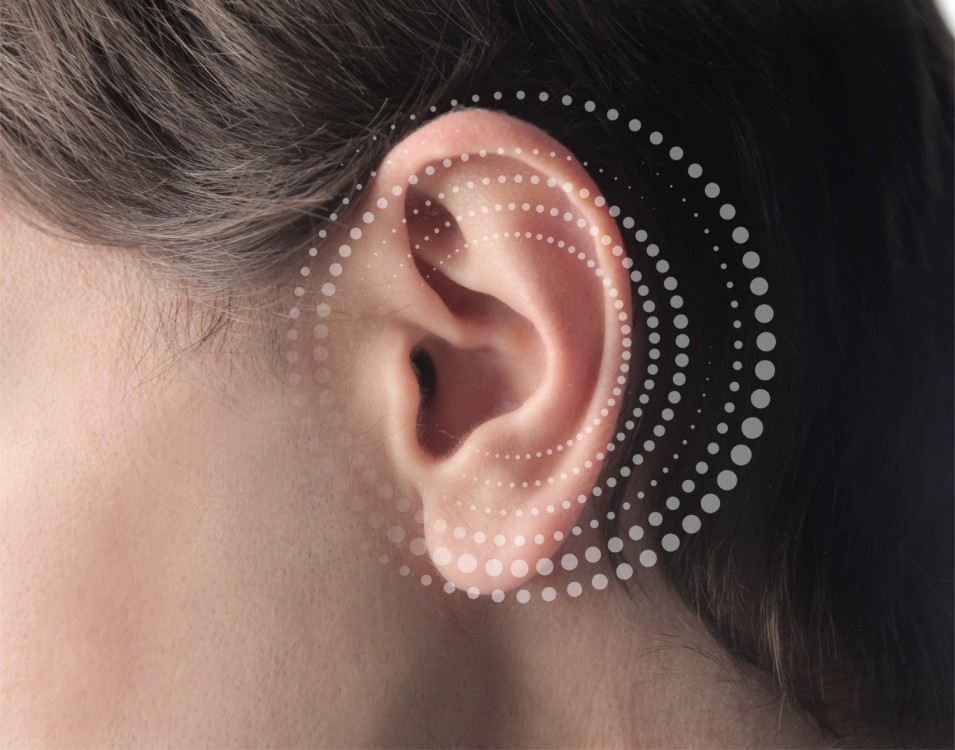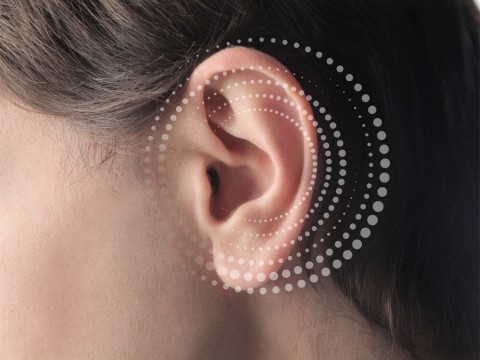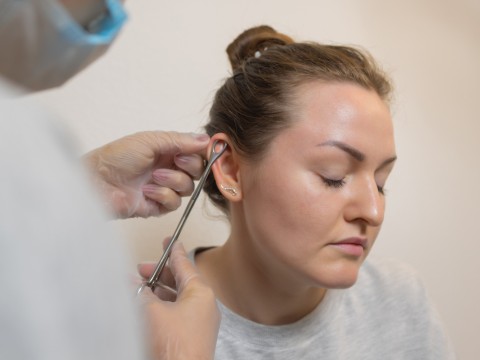Quote of Alara Health Group
Otoplasty Surgery: Everything You Need to Know About Ear Reshaping
Otoplasty, or ear surgery, is a cosmetic surgical procedure that reshapes the ears to achieve a more balanced and pleasing appearance. The individuals who feel self-conscious about the size, shape, or position of their ears generally try otoplasty for better facial harmony and improvement in self-confidence. In this article, we will talk about what otoplasty is, the reasons people undergo the procedure, the types of otoplasty techniques, and recovery.
What is Otoplasty Surgery?
Otoplasty is any surgical procedure performed to correct an abnormality of the ears: a protruding ear, an asymmetrical ear, or an abnormally big ear. This surgery is carried out for both adults and children troubled by the appearance of their ears. The aim of the surgery is to reshape the cartilage in the ears and reposition them nearer to the head to achieve a more natural, symmetrical, and balanced look.
While otoplasty is primarily a cosmetic surgery, it can also be used to address functional issues, such as repairing torn or damaged earlobes. The procedure is generally considered safe and effective, with a high patient satisfaction rate.
Who Can Benefit from Otoplasty?
Otoplasty is suitable for both children and adults who are unhappy with the appearance of their ears. Some common reasons for considering otoplasty include:
Otoplasty for Protruding Ears: The most common reason people consider otoplasty is because their ears stick out too far from their head. This can be a source of embarrassment and discomfort, especially among children.
Asymmetrical Ears: Some people have asymmetrical ears, where one is larger or of a different shape than the other, which affects facial symmetry.
Overly Large Ears: Large ears can indeed be a source of annoyance or embarrassment, especially in childhood and adolescence. Otoplasty can help reduce the size of the ears into a more proportionate look.
Reconstructive Needs: Otoplasty may also serve to repair torn or damaged earlobes, whether trauma, piercings, or other elements have pulled them apart.
Types of Otoplasty Techniques
There are various techniques used in otoplasty, each based on the specific issues being addressed and also on the patient's need. Some common techniques related to otoplasty include:
Ear Pinning-Otoplasty or, rather, retraction is one of the most common forms of otoplasty among those with protruding ears. In this technique of ear pinning, a surgeon generally performs an incision just at the back of the ear, re-positions cartilage and then pulls ears nearer to the head. Thus, cartilage must be fastidiously sutured at a place for retention in that position.
Ear Reduction: Cosmetic otoplasty is done to make oversized ears smaller. The surgeon removes the excess cartilage or skin and reshapes it to make the ears appear more in proportion. Ear reduction may be performed together with ear pinning for those people who have large and protruding ears.
Reconstructive otoplasty refers to rebuilding an injured or congenitally defective ear, either due to a deformity at birth, some disease, or traumatic experience. For reconstruction of the ear's form and functionality, otoplasty could involve transplanting tissue from other body parts, among other options, like artificial material for ear reshaping.
Lobuloplasty: This procedure is mainly concerned with the reconstruction of torn or damaged earlobes. It is done to correct conditions brought about by the stretching or splitting of earlobes by heavy earrings or trauma.
Advantages of Otoplasty
Otoplasty offers a myriad of physical and emotional benefits for patients, especially those who have struggled with the look of their ears for years. Among these are:
Improved Aesthetic Appearance: Otoplasty enhances the balance and symmetry of the ears, leading to a more harmonious facial appearance. It can correct protruding, large, or misshapen ears, giving patients a more youthful and aesthetically pleasing look.
Increased Confidence: Otoplasty makes many patients feel confident and raises their self-esteem. This is especially true in children who have been teased or ridiculed because of the shape of their ears. Correction of ear deformities can make a huge difference in one's self-image.
Permanent Results: Otoplasty provides long-lasting results, with most patients enjoying permanent changes to the shape and position of their ears after surgery. With proper care, the results typically last a lifetime.
Minimal Scarring: The incisions for otoplasty are typically placed behind the ear, which makes scarring discreet and nearly invisible. This results in a natural-looking outcome with minimal visible signs of surgery.
The Otoplasty Procedure: What to Expect
Otoplasty can be performed either as an outpatient procedure under local anesthesia with sedation or under general anesthesia, depending on the patient's age and preference. The duration of surgery generally ranges from 1 to 2 hours, depending on the complexity of the procedure.
The surgeon may make small incisions behind the ears during the surgery to gain access to the cartilage. The cartilage may then be reshaped or moved to a different position in order to achieve the desired look. In the case of reduction, unnecessary cartilage and skin are removed. Incisions are carefully sutured, and a dressing or bandage is applied for support during the healing of the ears.
Otoplasty is rarely a very painful procedure, although some discomfort, swelling, and bruising can occur in the post-surgical period. Most often, patients are allowed to go home on the same day and are allowed to rest while continuing post-surgical instructions to optimize recovery.
Recovery After Otoplasty Surgery
The postoperative course after otoplasty is rather easy, though it does entail some time for healing. Here's what you can expect:
Initial Recovery: Immediately after surgery, there is some swelling, bruising, and discomfort around the ears. Pain medications are prescribed for any pain that might occur during the initial recovery period.
Post-Surgical Bandages: Following the surgery, patients will usually wear a certain bandage or headband to support the ears and reduce swelling. It is very important to wear the bandage according to the instructions provided by the surgeon.
Returning to Normal Activities: Most patients can return to work or school within 5 to 7 days after surgery. However, physical activities such as exercise or heavy lifting should be avoided for about 4 to 6 weeks to allow the ears to fully heal.
Final Results: The final results of otoplasty are usually visible within a few weeks to months after surgery, as the swelling subsides and the ears settle into their new position. Scars are usually well-hidden behind the ears and fade over time.
Possible Risks and Complications
As with all surgical procedures, there are some associated risks and complications with otoplasty. These are fortunately rare and can be handled quite well by a qualified surgeon. Some of the possible risks include:
Infection: Infection is possible after surgery, though it is quite rare. Proper postoperative care, such as keeping the area clean and using prescribed antibiotics, will minimize this risk.
Scarring: There is a possibility of some degree of visible scarring even though the incisions are placed behind the ear. The degree of scarring is often minimal for most patients, and following post-surgical care is helpful in allowing for optimal healing.
Asymmetry: The final results in some instances can be asymmetrical. Usually, this is easily correctable with any additional minor surgery that might be required.
Nerve Changes: A few people feel changes in sensation in the region of the ear, ranging from numbness to tingling. This usually disappears after a period of time.
Is Otoplasty Right for You?
Otoplasty can provide the solution for those in most cases who are dismayed by the appearance of one's ears. Whatever cosmetic flaw is affecting your confidence about your ears-be it overly protruding, asymmetric, or over-sized-this procedure is usually able to provide enormous aesthetic and emotional benefits. If one is considering otoplasty, it is important to consult a board-certified plastic surgeon who has extensive experience in ear surgery. Your surgeon will be able to evaluate your anatomy of the ears, discuss your goals, and determine the best approach to achieve the desired outcome.
Conclusion
Otoplasty is one of those few surgeries which can help reshape and reposition the ears to achieve an appearance that is in proportion and balance with the rest of the body. Whether cosmetic or reconstructive, otoplasty provides long-lasting results with minimal scarring, while greatly improving self-esteem. With proper care and guidance from a qualified surgeon, otoplasty will enhance your overall facial harmony and boost your confidence in your appearance.
- Abdominal liposuction
- Arm Lift (Brachioplasty)
- Back Liposuction
- Blepharoplasty (Eyelid Surgery)
- Brazilian Butt Lift (BBL)
- Breast Augmentation
- Breast Augmentation with Tear Drop Implants
- Breast Correction
- Breast Implant Removal
- Breast Implants With Breast Lift
- Breast Lift
- Breast Reconstruction
- Breast Reduction
- Brow Lift
- Buccal Fat Extraction
- Butt Implants
- Buttock lift
- Buttock Reduction
- Cheekbone Reduction
- Chin Implant
- Health Insurance
-
Accommodation
- Online Healthy Life Assistant 9/5
- Post - Experience Follow Up 6 Month
-
Extra Privileges

- Health Insurance
-
Accommodation
- Online Healthy Life Assistant 24/7
- Post - Experience Follow Up 1 Year
- Pre-Treatment Doctor Consultation
-
Extra Privileges

 Private
Private
- Health Insurance
- Healthy Life Butler
- Post - Experience Follow Up 2 Year
- World-Famous Doctor Consultation
-
Extra Privileges
No suitable hotel found for the relevant dates!
* Price varies depending on extra and upgrade selections.
-
Earlobe ReductionSelectStarting From 723.77 €




